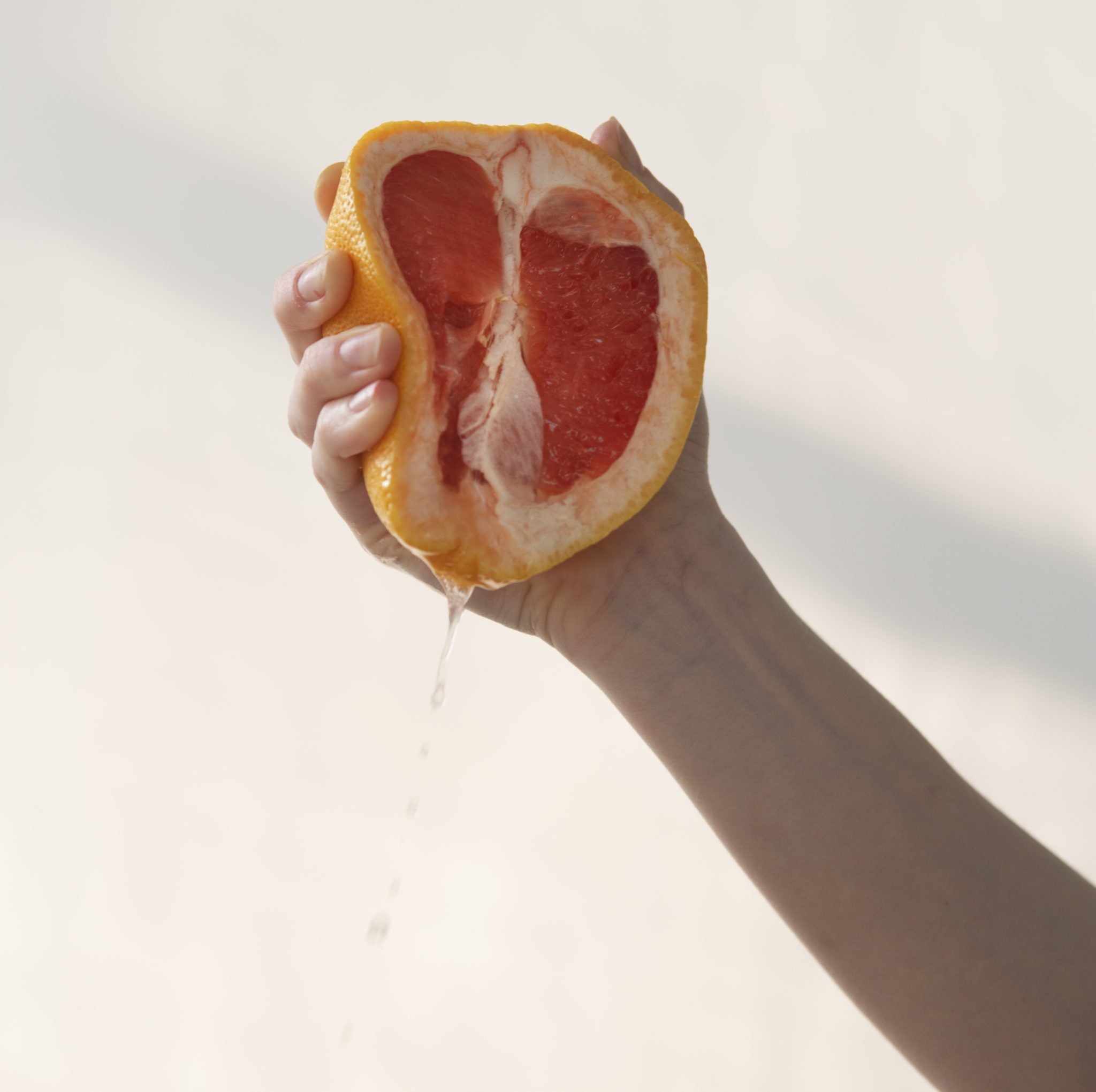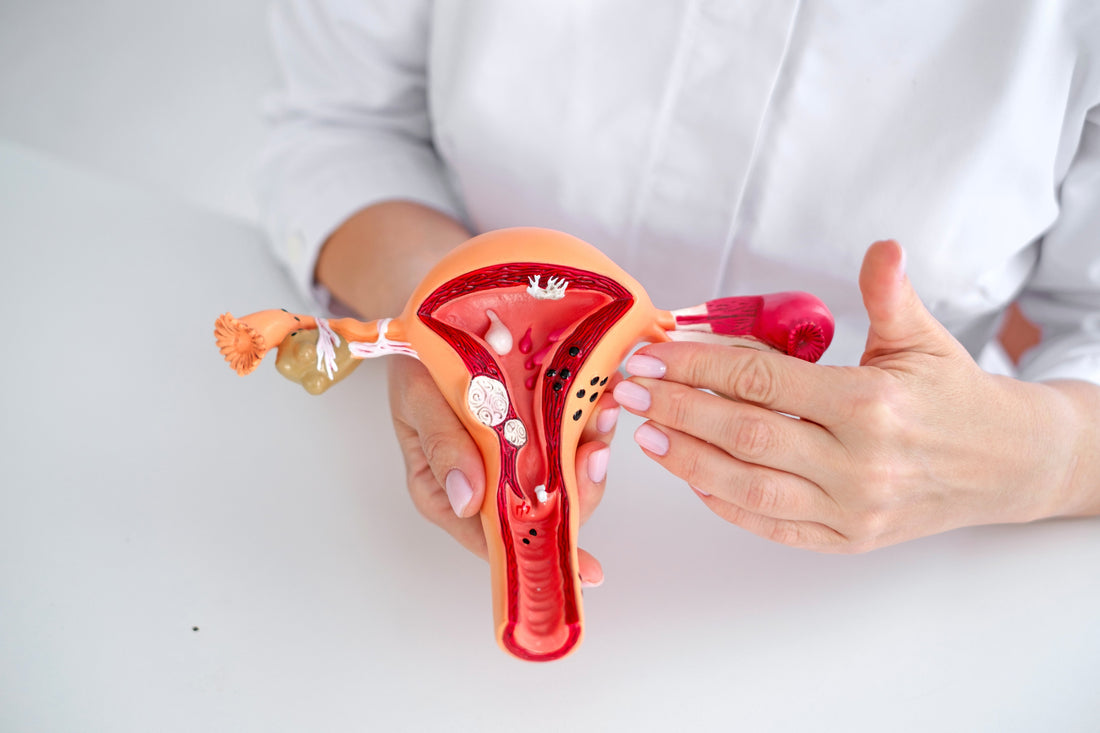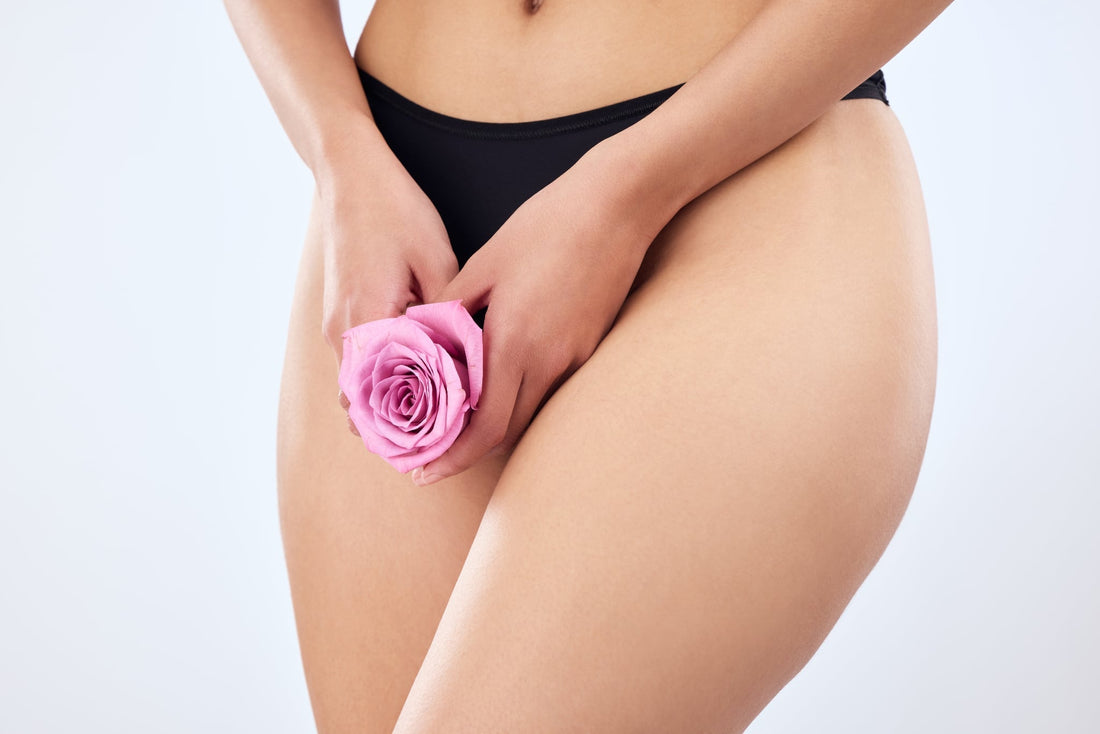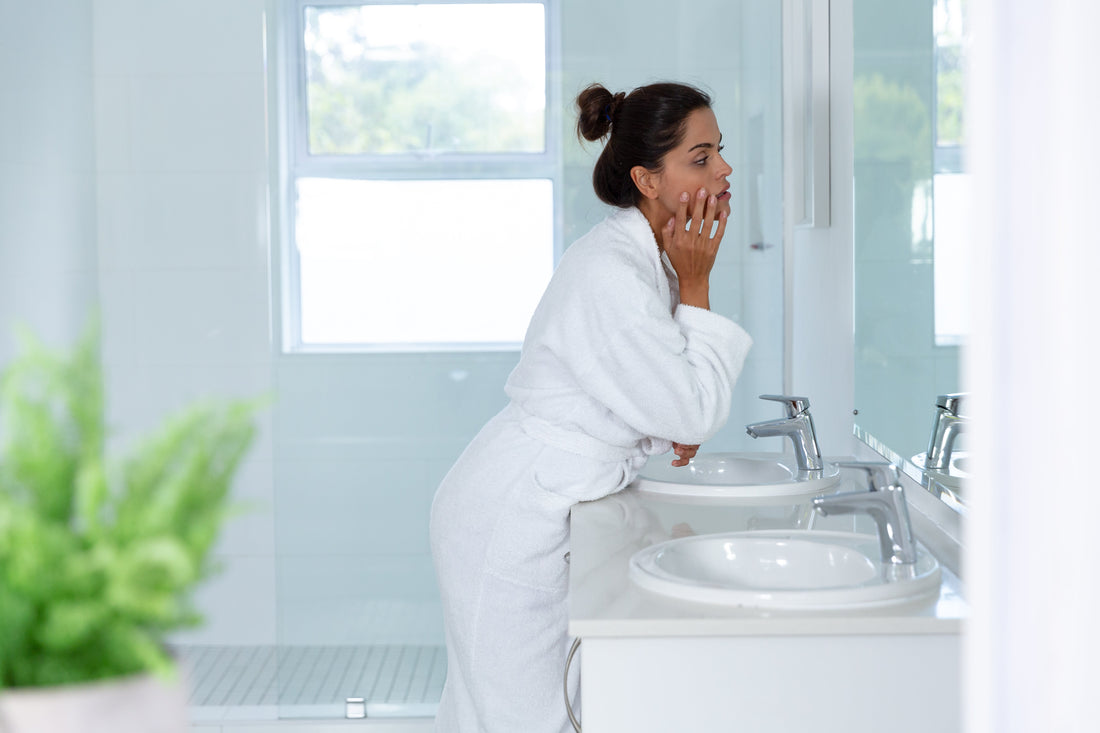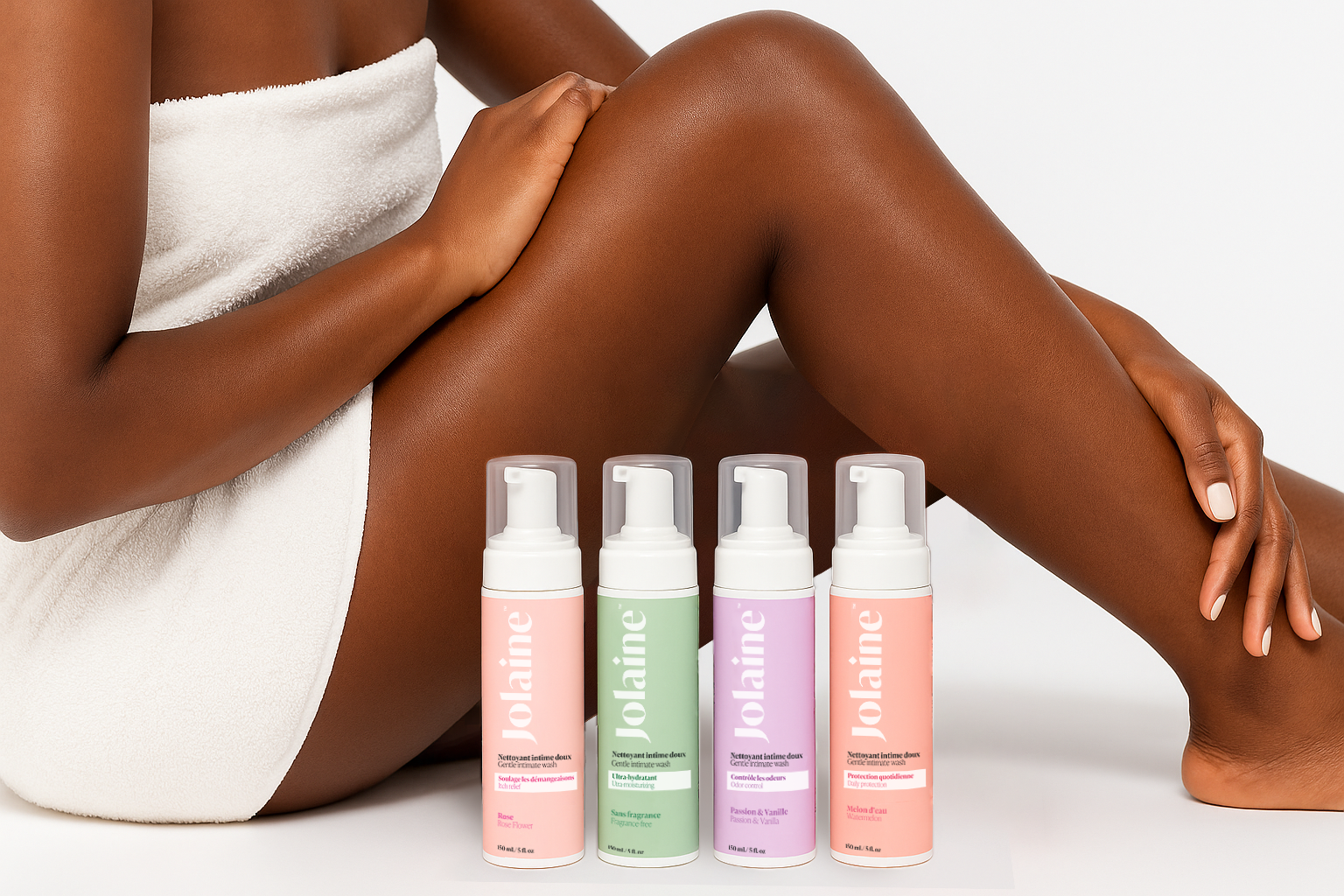Intimate perspiration: it's natural... but we can manage it better
Perspiration in the private parts is common. Like under the arms. Like on the forehead. Like on the hands.
But we rarely talk about it. And it often creates complexes. Yet, this phenomenon is perfectly normal.
Why do we sweat in this area? ?
The genitals contain sweat glands . They produce sweat, just like the ones in the armpits. They become active during puberty. From then on, they react to stress, heat, and movement.
Several factors can increase this sweating :
- emotional stress,
- tight or synthetic clothing,
- poor ventilation of the area.
The result? The skin remains moist. And this creates a breeding ground for irritation, itching, and even infections like fungal infections .
What are the common side effects? ?
When perspiration stagnates, the intimate flora becomes unbalanced.
- Fungi can proliferate.
- Bad odors become more frequent.
- Humidity causes irritation or burning sensations.
But it's not inevitable. It's not a question of cleanliness either. It's a question of physiology and environment .
How to limit intimate perspiration?
1. Tame your stress
You sweat more when you're tense. It's your body's automatic response.
So relax. Breathe. Meditate. You can try yoga, cardiac coherence, or simply walking.
Less stress = less sweat.
2. Choose suitable underwear
Cotton is your best friend. It allows air to circulate. It absorbs sweat. It's kind to the skin. Conversely, avoid polyester, synthetic lace, and tight elastane.
They block moisture. And promote odors.
Opt for:
- natural materials,
- loose cuts,
- breathable fabrics.
3. Clean gently
Wash your intimate area once a day , no more. Use a gentle gel, formulated for this area, with a neutral pH. No perfumed soaps. No douching.
And most importantly, dry thoroughly. Pat dry with a clean towel. Residual moisture is what causes the most problems.
Change your underwear during the day if you sweat a lot.
4. Use targeted care
You can incorporate an anti-odor intimate cleanser , enriched with natural ingredients.
→ Tea tree essential oil is excellent.
She is:
- antiseptic,
- antibacterial,
- antifungal.
It helps limit odors and prevent irritation.
But be careful: always diluted . Never pure. Never on the mucous membranes. Apply a drop in a vegetable oil (jojoba, coconut) and massage lightly externally , on dry skin.
A simple daily routine
Morning
🔹 Quick cleansing with gentle intimate care.
🔹 Complete drying.
🔹 Breathable cotton panties.
Daytime
🔹 Manage your stress.
🔹 Use fragrance-free wipes as needed.
🔹 Change if excessive sweating.
Evening
🔹 Light shower (if necessary).
🔹 Application of a calming treatment or diluted essential oil.
🔹 Loose clothing for the night.
When should you consult?
If you notice:
- pain or burning,
- persistent itching,
- unusual losses,
- strong or sudden odors,
So, consult a professional. It could be a bacterial imbalance, an infection, or a problem with excessive sweating (hyperhidrosis).
In some cases, medical treatments exist.
FAQ – Everything you want to know (but are afraid to ask)
Is it normal to sweat from the vulva or between the thighs?
Yes, absolutely. The area contains sweat glands like other areas of the body. It's a natural function.
How to avoid intimate odors linked to perspiration?
Choose cotton underwear, practice gentle hygiene, dry your skin well, and use intimate care with tea tree or bicarbonate.
Can sweating cause yeast infections?
Yes. Humidity encourages the growth of fungi. That's why it's essential to keep the area dry and ventilated.
Can you put deodorant on your vulva?
No, not a classic deodorant. But some products are formulated for the intimate area. Choose one specifically designed for the intimate area and without harsh fragrances.
Which essential oil should I use for intimate perspiration?
Tea tree oil is the most recommended. It fights bacteria and fungi. Provided it is well diluted.
Should you shave or wax to sweat less?
Not necessarily. Hair can retain sweat, but it also protects the skin. If you wax, be careful to avoid post-wax irritation.
What to do in summer when it's very hot?
Wear loose-fitting clothing, change your clothes more often, and use personal wipes. Drink plenty of water and avoid synthetic fabrics.
In summary
Sweating in your intimate area is natural. It's neither dirty nor shameful. With the right habits—proper hygiene, clothing choices, stress management—you can limit discomfort and prevent complications. And if you can't manage it on your own, a professional can help.

Thank you for reading and being part of the community. Jolaine Care , where every woman deserves to feel good, beautiful and confident. 💕
Any questions? Write to us: info@jolainecare.com .
✨ Stay tuned. Follow us and discover our latest news, tips, and inspiration:
📘 Facebook | 📸 Instagram | 🎵 TikTok
Gently,
The Jolaine Care team 🌿


